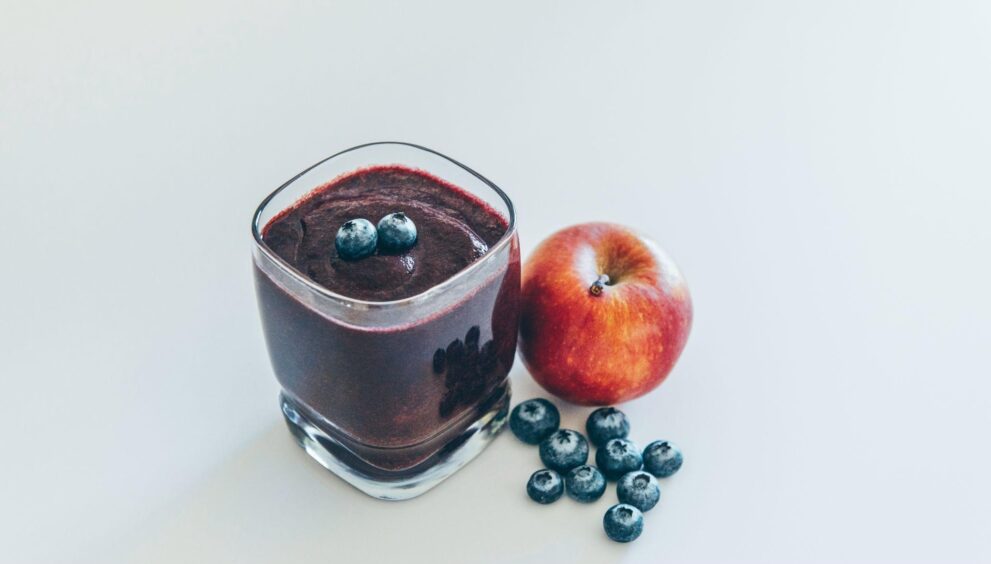Transform Your Health Routine with a Balanced Approach

- A balanced health routine focuses on integrating nutrition, exercise, and mental well-being for sustainable long-term results.
- Proper nutrition is essential to fuel your body, with whole foods and variety being key for maintaining energy and overall health.
- A well-rounded exercise routine that includes strength, cardio, and flexibility exercises helps support physical and mental wellness.
- Mindfulness and consistency are crucial for creating healthy habits that last, with realistic goals and small, gradual changes leading to lasting progress.
In today’s fast-paced world, maintaining a healthy routine can feel overwhelming. Many people look for quick fixes—whether it’s an extreme diet or intense exercise program—only to end up feeling burnt out or discouraged. However, true wellness doesn’t come from shortcuts. A balanced approach to health, one that combines nutrition, physical activity, and mental well-being, is key to sustainable, long-term results. In this post, you’ll learn practical tips for incorporating balanced nutrition, effective workouts, and mindful practices into your routine, helping you transform your health in a way that lasts.
Understanding the Importance of a Balanced Health Routine
Achieving a healthy lifestyle isn’t about extreme measures; it’s about balance. While some may focus solely on rigorous workouts or restrictive diets, these approaches often neglect other crucial aspects of well-being. A truly balanced health routine integrates nutrition, exercise, and mental wellness, ensuring that all parts of your body and mind are taken care of.
Why is balance so important? For one, overloading your routine with just one component—like high-intensity exercise—without considering proper nutrition can lead to exhaustion or even injury. Similarly, a heavy focus on diet without physical activity may result in short-term gains but won’t contribute to overall fitness and strength. A well-rounded approach ensures that your body gets the right fuel, movement, and rest it needs to thrive.
A balanced health routine doesn’t have to be complicated. It could mean starting your day with a nutrient-dense breakfast, mixing up your exercise routine with both cardio and strength training, and taking time for mental relaxation. The key is finding harmony between different aspects of health, so your body works as a cohesive unit.
Incorporating Nutrition for Optimal Health
Nutrition is the foundation of any successful health routine. Without the proper fuel, even the best exercise plan can fall short. Balanced nutrition means getting the right mix of macronutrients—proteins, fats, and carbohydrates—along with essential vitamins and minerals that your body needs to function at its best.
One simple way to support balanced nutrition is by planning meals that include a variety of whole foods. Think colorful vegetables, lean proteins, healthy fats, and whole grains. Additionally, incorporating supplements like tongkat ali amazon can further support energy levels and overall well-being throughout the day.
For those with busy lifestyles, meal replacement shakes offer a convenient option. They provide a balanced mix of proteins, carbs, and fats, making them a great addition when you need a quick, nutritious boost. However, it’s important to use them as a supplement to whole meals rather than a complete substitute, ensuring you still benefit from the full variety of nutrients found in fresh, whole foods.
Building an Effective Exercise Routine
Regular physical activity is an essential component of a balanced health routine. Not only does it boost your physical fitness, but it also improves your mental well-being and overall energy levels. The key to success here is variety. A well-rounded exercise routine includes a mix of strength training, cardiovascular exercise, and flexibility work.
Strength training is crucial for building muscle, boosting metabolism, and supporting bone health. It doesn’t mean you need to lift heavy weights—bodyweight exercises like squats or push-ups can be equally effective. On the other hand, cardiovascular exercises, such as walking, jogging, or cycling, help improve heart health and endurance. Lastly, don’t forget about flexibility. Incorporating stretching or activities like yoga can improve your mobility and prevent injuries.
The best exercise routine is one that you can maintain consistently, so choose activities that you genuinely enjoy. Whether it’s a brisk walk in the park or a more intense workout at the gym, finding joy in movement will help you stay on track long-term.
Mindfulness and Mental Well-being
Mental health is often overlooked in discussions about wellness, but it’s a critical part of a balanced routine. Your mind and body are deeply connected, and when your mental well-being is neglected, it can affect your physical health. That’s why incorporating mindfulness practices into your daily routine is essential for long-term health.
Mindfulness can take many forms, from meditation and deep breathing exercises to journaling or spending time in nature. These practices help reduce stress, improve focus, and promote a sense of calm. Even just a few minutes a day of mindfulness can make a big difference in how you handle life’s challenges.
Managing stress is also key to preventing burnout. High levels of stress can lead to issues like poor sleep, overeating, or even chronic illnesses. By practicing mindfulness regularly, you create a space to clear your mind and recharge, which can ultimately make it easier to stay committed to your health goals.
Creating Long-term Healthy Habits
Consistency is the cornerstone of any successful health transformation. Rather than aiming for perfection, it’s important to focus on small, sustainable changes that you can stick with over time. The beauty of a balanced health routine is that it’s not about quick fixes—it’s about cultivating habits that support your overall well-being in the long run.
Start by setting realistic goals. Whether it’s committing to three workouts a week or adding more vegetables to your meals, small, manageable goals will keep you motivated and prevent burnout. Tracking your progress is another great way to stay on course. You can use a journal, an app, or even a simple checklist to keep track of your daily habits and celebrate the milestones along the way.
Additionally, don’t forget to reward yourself. Celebrating progress, no matter how small, is an important part of maintaining motivation. Whether it’s treating yourself to a relaxing day off or enjoying a favorite hobby, these rewards can reinforce the positive changes you’re making. In the end, it’s the consistent effort, not extreme measures, that leads to lasting results.
Conclusion
A balanced health routine is about more than just working out or eating right; it’s about creating a lifestyle that supports your physical, mental, and emotional well-being. By focusing on balanced nutrition, regular physical activity, mindfulness practices, and long-term habit-building, you can transform your health in a sustainable way.
Remember, it’s not about perfection but progress. With a little consistency and a lot of balance, you’ll be on the path to a healthier, more fulfilled life.














































































































































































































































































































































































































































































































































































































































































































































































































































































































































































































































































































































































































































































































































































































































































































































































































































































































































































































































































































































































































































































































































































